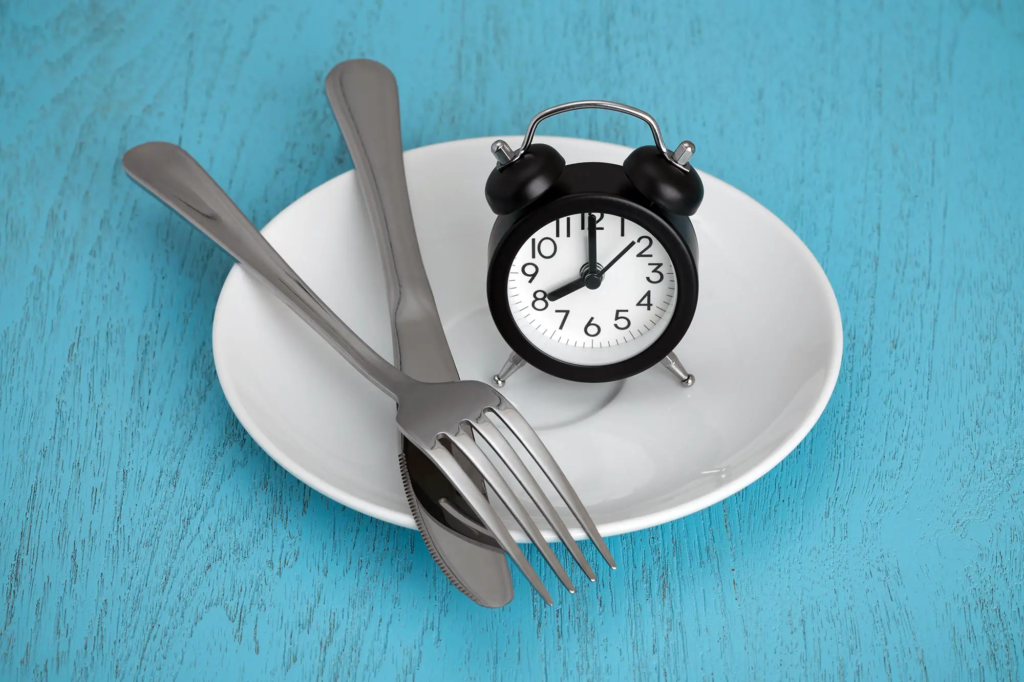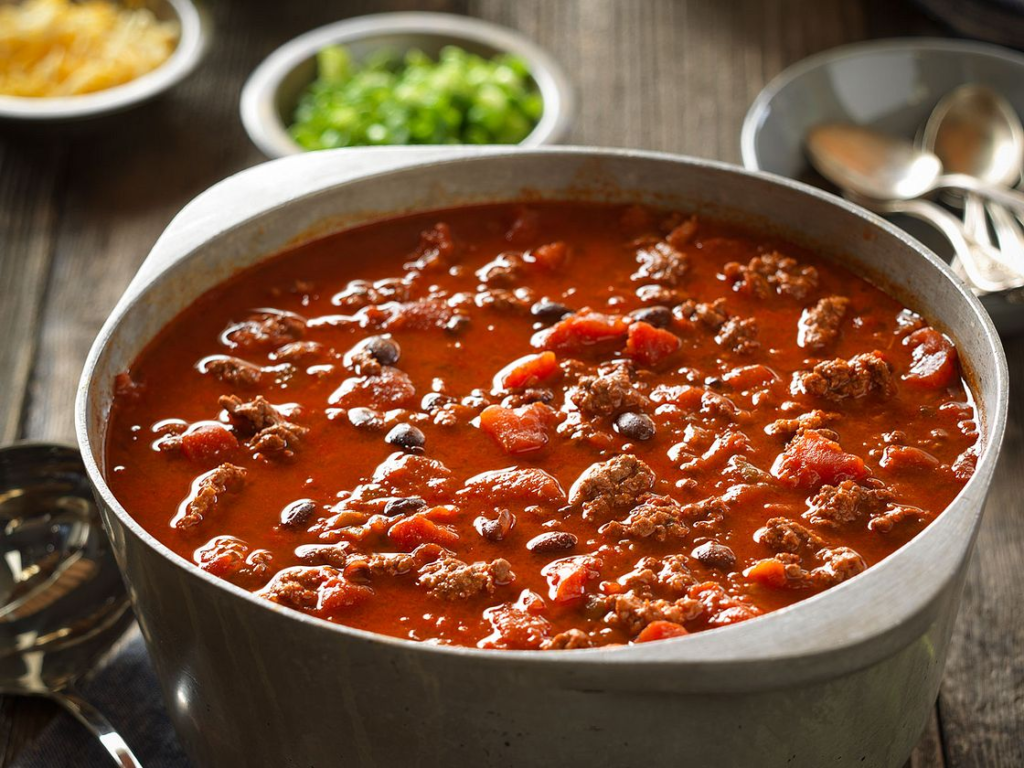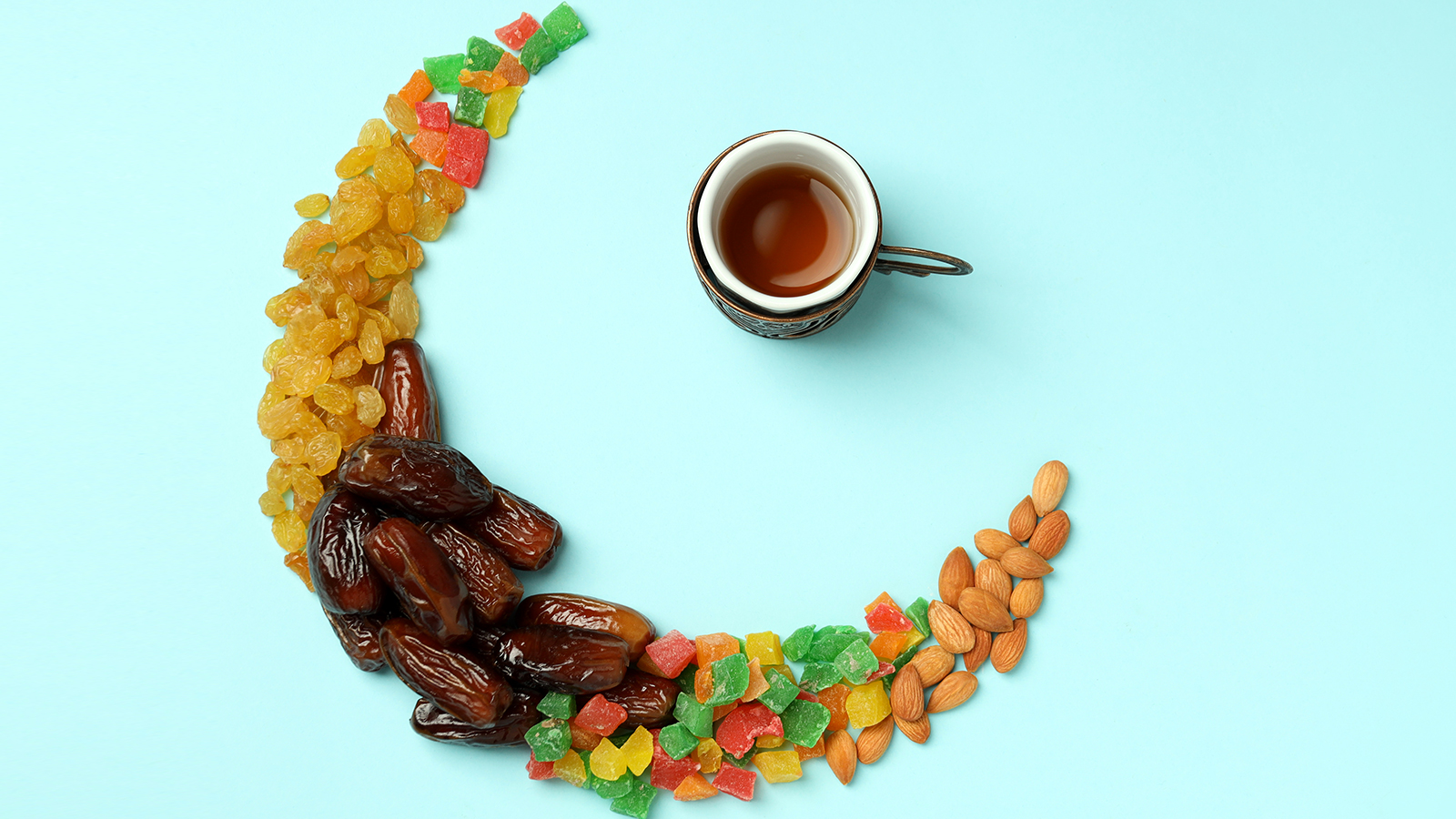Fasting and Feasting It Right!

The fasting month is here but are you lost on what to eat for sahur ? Do you intend to have a healthier, energy sustaining sahur?
Are you looking forward to having healthier meals during Ramadan?
Fret not, here is an easy guide to determine your menu for this auspicious month!
1. Go for high protein food

Example: Eggs, chicken salami, meat patties, fish fillet.
For vegans and vegetarians, soy based foods like mock meat, tauhu and tempeh is recommended.
Reason: Protein takes a longer time to digest in the body and keeps one full. Hence, one will not face gastric issues and hunger pangs!
2. Have more complex carbohydrates such as foods with high fibre.

Example: Cereals such as whole grain bread, oats, rice etc.
Reason: Simple carbs like sweets and cakes makes one have sugar high. Sugar high usually results in sugar crash and this makes one hungry fast. Opt for cereals as they are high in fibre and slows down digestion thus making one full longer.
3. Eat more fibrous fruits and vegetable.

Example: Fibrous vegetables as in more green leafy vegetables and fibrous fruits as in guava, apple.
Reason: Fruits with high water content such as watermelon, grapes and orange can be high in fructose that can cause one to have a sugar crash as well. Fibrous fruits and vegetables are high in antioxidant and nutrients that provide many health benefits. Besides that, the high fibre content also makes one full for longer periods of time.
4. Adequate amount of fluid for hydration.

To prevent dehydration and fatigue during the fasting month, ensure enough of fluids are consumed during sahur.
The best way to measure your fluid intake is take 33.3ml x Body weight.
5. Carry out any form of mild exercise before sahur

Example: Light jog, Yoga, Dance etc.
Reason: Do milder exercise as heavy and intense ones like badminton and squash can make you hungry and thirsty later in the day. This is because after an intense workout, our muscles need to consume energy and fluid to recover.
6. Limit intake of foods that may trigger gastric, stomach insensitivity or cause thirst.

Foods that may trigger gastric: chilli, coffee, milk, spices
Foods that may be sensitive to the stomach: spicy foods, sweet foods, overnight foods, pickles, exotic foods
Foods that cause increased thirst: salt, MSG, sugary drinks and diuretics like coffee and tea
Heavy meals that contain lots of saturated fat, sodium and sugar should be avoided whenever possible. Instead of meals that are fried, try baking, steaming, grilling, stewing and roasting. Rather than using a lot of salt and sugar to flavour meals, use herbs and spices.
7. Portion Meals Right

It takes the body about 20 minutes to register that it’s had enough to eat. So don’t overeat during sahur and send your body into shock mode.
Eat mindfully and listen to your hunger and full cues.
Conclusion:
Ramadan is the best time to focus on your devotion and also to rejuvenate your health. Choose what you put into your body wisely.
And don’t forget to set your alarm tomorrow to have sahur. Ramadan Kareem to all!
Reference:
1. A Healthy Ramadan. British Nutrition Foundation.







